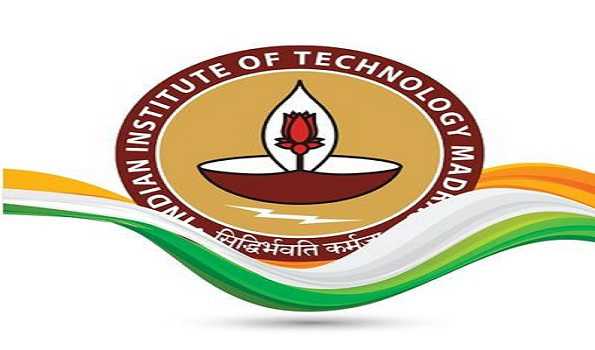
Chennai, Oct 4: The four-day Water Security and Climate Adaptation (WSCA) conference, hosted by the Indian Institute of Technology Madras (IIT-Madras) with focus on Adaptation and Mitigation through Sustainable Development, began here on Wednesday.
The conference is being coordinated by the Global Water and Climate Adaptation Centre (ABCD Centre) in the Institute.
The focus is on highlighting the importance of sustainability in water-related problems and emphasizing its need to scientists, engineers, policymakers and industries.
The overarching objective of this conference is to exchange knowledge and practical know-how on the relationship between water security and adaptation to climate change with best practice implementation. This is to advance research strategies in this domain that will further take the nation forward to meet the goals for sustainable development in efficient water resources management, a release from IIT-Madras said.
The mission of the DAAD Global Water and Climate Adaptation Centre is to address the challenges of ‘Water Security and Climate Adaptation’ through training, teaching and research. This will facilitate transfer and link science with policy and the private sector to enable sustainable solutions for climate adaptation.
Addressing the inaugural session, Prof.T.Balasubramanian, Former Director and Dean, Annamalai University, highlighted the need for close interaction with cross-disciplinary professionals in water, health, and policymakers to achieve the stress-free water availability in the coming decades”
He also stressed the need for spreading the awareness on avoiding polluting water
Conference Chair Prof. S.A. Sannasiraj, Department of Ocean Engineering, IIT Madras, said the focus of the Conference theme is the strategy of Adaptation and Mitigation through Sustainable Development to address the future water security. It is particularly significant because of the global trends striving to achieve self-sufficiency and sustainability in all regards.
The key focus area of WSCA 2023 is ‘Adaptation and Mitigation through Sustainable Development’. It is particularly significant due to the global trends striving to achieve self-sufficiency and sustainability in all regards.
India hosted the G20 summit 2023 in early September in New Delhi with its theme on ‘Lifestyle for Environment’, with its associated, environmentally sustainable, and responsible choices, both at the level of individual lifestyles as well as national development. This will lead to globally transformative actions resulting in a cleaner, greener, and blue future.
Prof. Mahesh Panchagnula, Dean (Alumni and Corporate Relations), IIT Madras, highlighted the role of IIT Madras in addressing the water scarcity and in particular highlighting the zero liquid waste disposal within IIT campus that leads to less maintenance costs.
Conference chairs, Prof S.A.Sannasiraj and Prof Ligy Philip stressed on the need for collaborative efforts required among different institutions to learn and adapt new climate resilient technologies to secure the stress-free water for the future generation. A panel discussion during the conference highlights this aspect.
Ms. Michaela Küchler, Consul General German, Chennai, expressed the blanket support to all
Indo-German collaboration in addressing the water starving issues.
Dr. Katja Lasch, Director, DAAD Regional Office New Delhi/ DWIH New Delhi, said that DAAD, Germany, has a liberal policy in funding science and engineering addressing the problems related
to deficit of water.
The Global Water and Climate Adaptation Centre – Aachen, Bangkok, Chennai, Dresden (ABCD-Centre) address the pressing issue of adaptation by humanity to the consequences of climate
change with a special focus on water. As a joint effort between leading scientific institutions, it
enables a global dialogue, the transfer of research results into practice, and the education of
future environmental leaders.
Prof. Sannasiraj said, “The objectives will be achieved through the notable academic platform for scientific, technical and policy-oriented discourses and discussions. The ABCD partners have an extraordinarily strong and large network, including the Centre for International Postgraduate Studies of Environmental Management (CIPSEM) and the United Nations University.”






